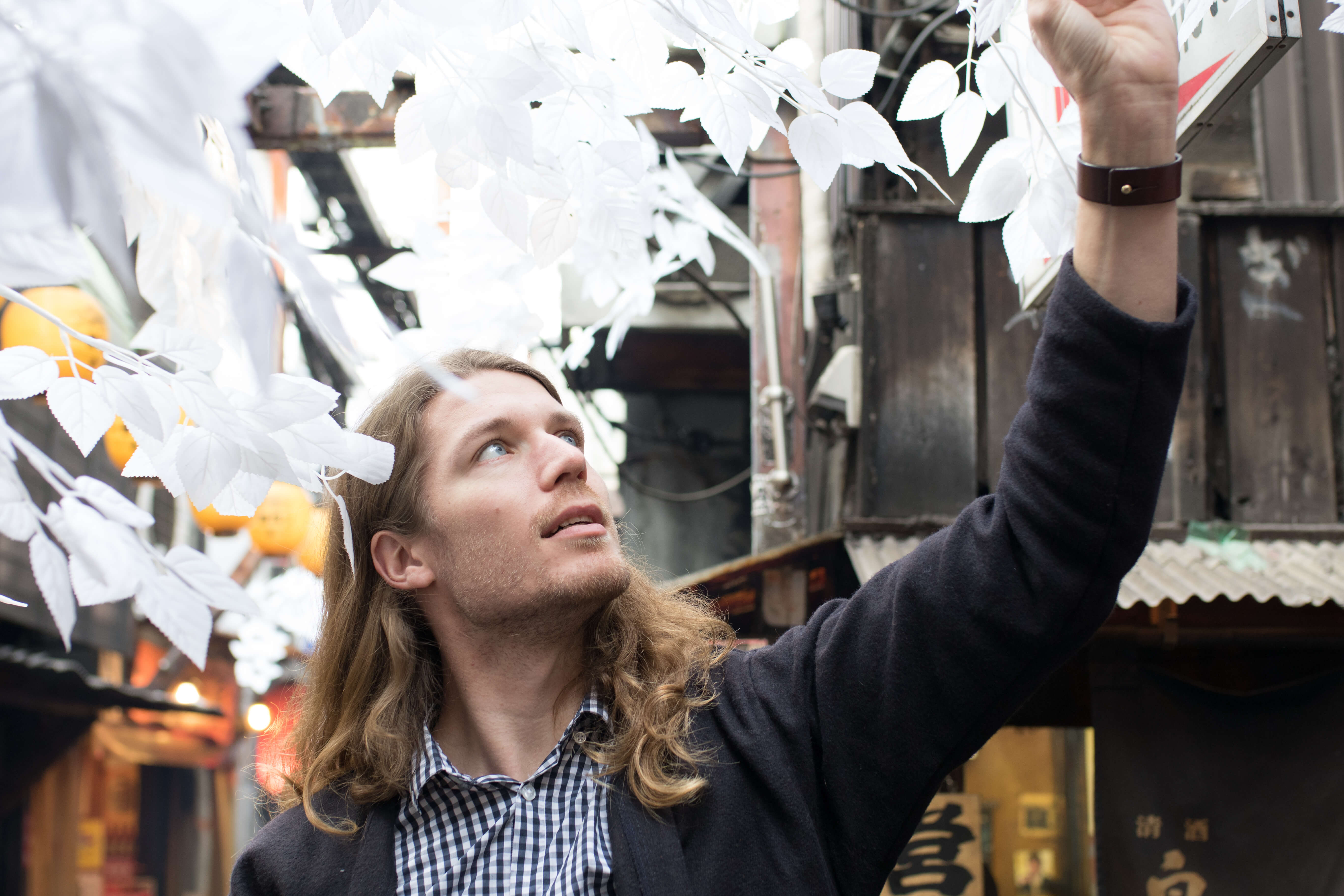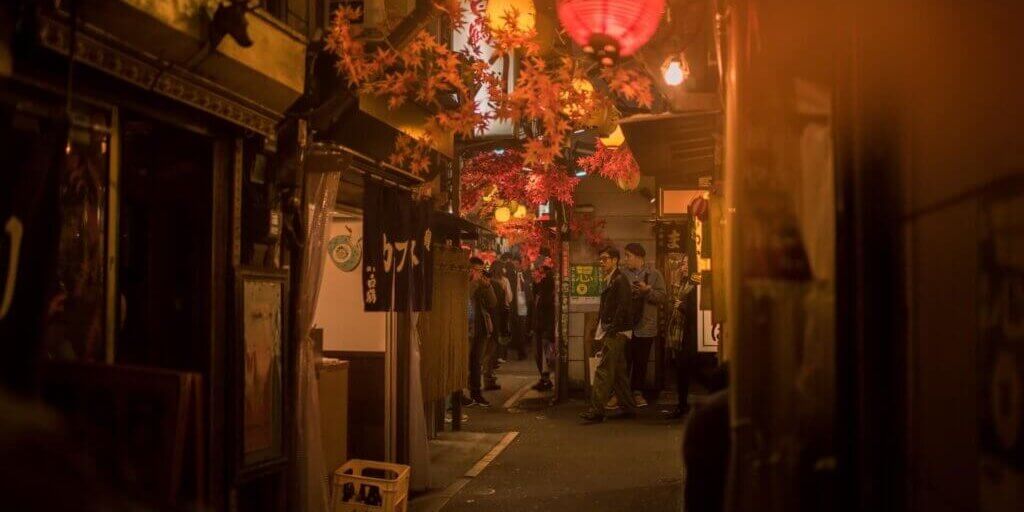Working Holiday In Tokyo, Japan!
With 2024 just around the corner and covid restrictions easing up, more foreigners than ever before are coming to Japan. Many have chosen to come as tourists, language students and others on working holiday visas. A lot of people want to work and travel in Tokyo, Japan and wonder what life is like in Japan as a foreigner. One thing we see time and time again with foreigners in Japan, is under preparation. Well this is a small guide to get you ready for coming to Japan or starting a working holiday. Remember, transitioning to a foreign country is no easy task and you should prepare as much as possible(some readers won't have an idea as they haven't done anything like this in the past, don't worry! This is for you too).
Before making any decisions, the first thing you should consider is visa. Is a working holiday right for you? Check out the VISA Guide for the official information about the different types of work visa. This site will tell you which visa's are allowed to work in Japan and what each one means.
Avoid, avoid, avoid
There are a few unpleasant things you could experience while in Tokyo, one of them is being forced into a job you don't like. The reason I say forced is because everyone needs to make ends meet, and the job market in Japan can be limited (depending on language ability, so be sure to study some Japanese)! Usually, people in this position end up leaving Japan or spend every third sentence complaining. Hopefully with this guide about Working Holiday in Tokyo, you won't have to be pressured into working at a place you don't like.
Emergencies, medical issues and general worry!
We recommend keeping this website bookmarked on your phone or keeping it in your notes as it may come in handy one day, as well as Himawari Metro Tokyo. When living in a country that doesn't primarily speak a language you are fluent in, you need to have a translation service. One of the main things that may affect you while you are out here is dental work. If you have been paying your insurance with the government you can shave off 2/3 of your total bill. This isn't just limited to dental work, the great thing about this service is that it's free. If you are able to speak to an operator, they might even book the appointment time for you!
On this note, some of you readers who are coming from America will be shocked to know Ambulances are free here. Be sure to know which services to call in what kind of situation. Let's break it down - If you need the police it's 110, if you need the ambulance is 119. However the numbers are different if it's not an emergency. It's 9110 for non-emergency police (think noise complaint, suspicious persons stolen items or maybe non-life threatening bicycle crash). For non-emergency ambulance 7119. Be sure to take notes of these!

Before activating your working holiday visa
One of the first things you may be wondering and concerned about is probably housing. We recommend starting out living at a share house. Share houses are living spaces where 4 or more people may live at a time, usually they are cheaper and have shorter contract period. It can vary in quality and pricing so be sure to look around too.
"... I found a whole carrot behind the couch"
We have definitely heard some horror stories from people living in Japan. However, the great thing about share house accommodations is that it can usually be set up before moving to Japan and most people use it as a place to land before moving forward.
Wait, what's key money?!
Why do we not recommend going straight into an apartment? First off you will need to pay key money (think of it as a thank you gift to the landlord - usually 1 or 2 months rent), guarantor money, insurance money and agency money (9 times out of 10 you will not get any of this back). The price ends up being at least 3 to 4 times your rent price at the end. That's not all... They will most likely not accept a tenant from abroad, even expats in Japan have trouble! Again, because of this, share houses are usually the best option for when you first get to Japan and are still sorting things out. Ones that have been recommended to us by other working holidayers are:
If you're considering share houses, you may also want to consider "social residences". As with any place where you have to share, it may not be your style of living but it does help with the initial hurdle of making friends. On that topic, you may be interested in this in-depth article by BFFTokyo on how to make friends

The next thing you’ll want to sort out is a phone number. Yes, you can survive in Japan without a phone number. However, most companies will inquire about your phone number situation and so if you want to be taken seriously in interviews... Get one! Japan Life Support has some options for getting you started. Be sure to look around though as some contracts may have penalties to cancelling! Getting a phone number set up will usually only take a day or less to set up, which is a small price to pay for leaving a good impression when applying for jobs. There are many things to consider getting a sim. There are various plans available but we do suggest getting a plan that includes voice. Ultimately, the decision will be up to you but in most situations the voice plan is best and we recommend this.
Its so complicated!
If you have troubles and would prefer to do it in person, be sure to head to Yodobashi Camera or Bic Camera. They have options you can look through and usually have English support that can help you in the decision making as well as signing. Be sure to have a bank account, passport, an address and a residence card (zairyuu card)ready for this!
Looking for cheap and affordable Japanese lessons?
When you're in Tokyo, budget, budget, budget!
Yes, we know it’s not what you want to do... It’s your journey of a lifetime... You’re in Japan/Tokyo... That being said if you want to keep enjoying your time in Japan, you need to pinch that wallet tight for a few weeks while you get accustomed to everything. So where can you start?
Supermarkets
Find a スーパ/Su-pa, that's supermarket for those who haven't mastered katakana yet! Those Cup Ramens you’ve been buying in secret for 150yen are sometimes can be found for 100yen or less in a supermarket! Water, snacks, cola, alcohol are all cheaper at supermarkets when compared to conbinis (convenience stores such as 7/11, Lawson, Family mart).
Save time and money! Here's a list of our favourites: Donquijote, Gyoumu and Niku no Hanamasa.
100 Yen, saving you countless yens
Get into the mind frame of every yen counts, it’s good for the long run! Go to a hyakkin shop (hyaku yen shop/ 100 yen shop, Daiso is a great one stop shop) and get a cheap wallet for your coins. The coins will add up and save you in a pinch. They’ll also help you so you don’t get more coins, believe me, many have fallen into this trap. You will notice that many other common household items are available at 100 yen shops. Small water bottle? Yup! Sake cup? Yup! Chop sticks? Yup! So be sure to browse one of these stores before looking elsewhere.
Expensive taste-buds, empty wallets and empty bellies
Try to grasp the price of a meal. Most meals will fall under the 700 yen ~ 1000 yen range. If you spend 2000 on sushi this afternoon and then spend another 1,200 on Michelin star ramen, that’s two meals for 3200. There are many cheap chain food options such as Sukiya, Matsuya, Yoshinoya which all sell meals for around 300-500yen.
Now onto jobs
One of the main thing people coming to Japan worry about is jobs. Most people believe finding a job in Tokyo gives you an advantage and they are right! Job hunting as a foreigner or as a Japanese national with no Japanese language ability is made much easier in Tokyo.
As mentioned earlier, be picky when job hunting! As much as it is you who is looking for a job, it is also companies that are looking for staff! Most places want you to commit for a longer period than you may initially expect and will prioritise people who can commit to that! To give you a rough time frame, 6+ months is the normal commitment time for most jobs not including retail or restaurants.
What can kind of job can you expect to get in Tokyo is a question that many wonder about! You can find some information in our ultimate job guide for Tokyo here. To summarise - jobs that are always looking for people are teaching jobs such as Eikaiwas & ALT, Uber Eats, modelling or the hotel industry. With many people wanting to learn English now more than ever, the demand is hot!
One tip we can give you is to market yourself and have some flow of money while finding out how to work in Japan! Private teaching is a challenge many people chose to take on.
It is easy to manage your own timetable and you chose how much or how less you work. Some that we have heard being talked about were Hello sensei, Eigopass and 121sensei. The challenge about this, is keeping your students interested and having the support to help you going forward.
Typically, in Tokyo the interview process is long and could last anywhere between 2 - 4 weeks long. If you can find a place that will offer you an interview from abroad you could even knock a week or two off!
Luckily One Coin English does offer you the initial interview from abroad. You can find the application form here. If you're considering moving to Yokohama visit our guide for a job in Yokohama and last but not least, our tips for teaching in Japan.


